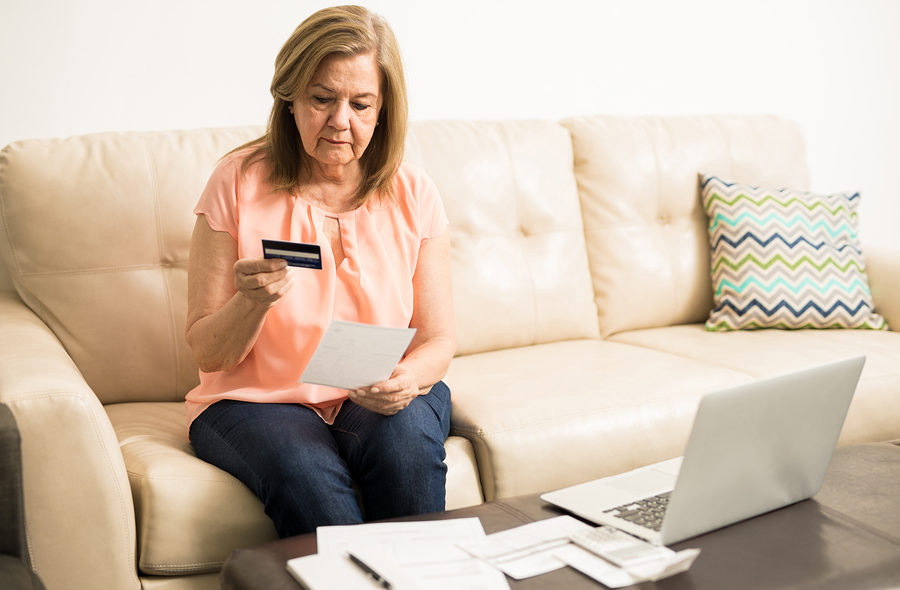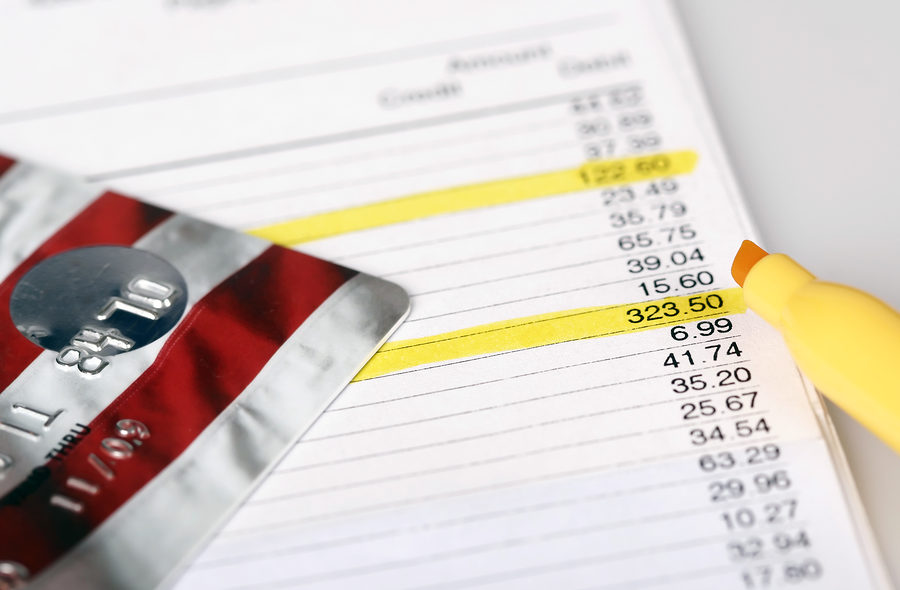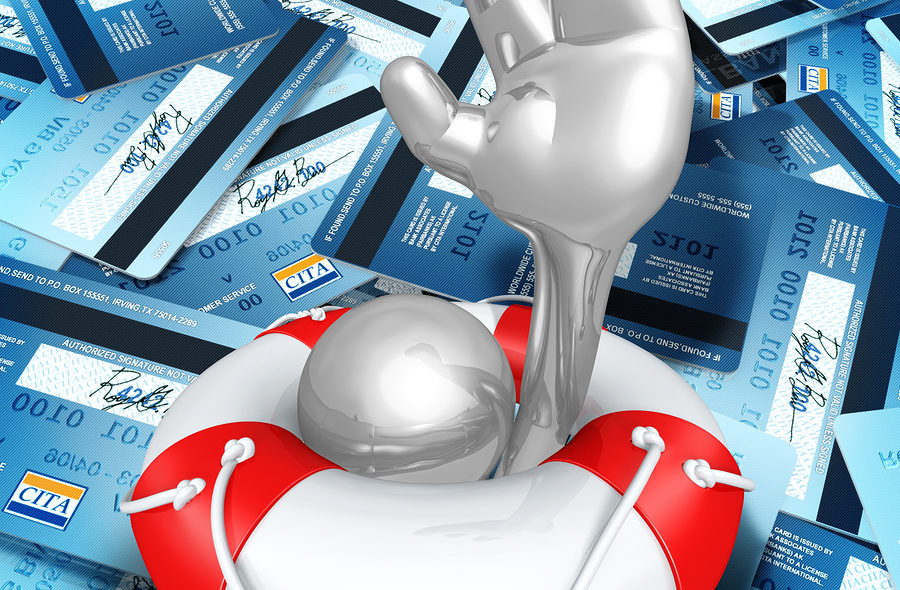Credit card debt has dramatically increased since the coronavirus (COVID-19) pandemic, according to recent data from CreditCards.com. Their data reports that 120 million U.S. consumers, or 47 percent of all consumers, had credit card debt as of April 2020, which is a 43 percent increase from March.
Millennials were hit the hardest with 34 percent of them reporting that they used credit regularly. Experian, one of the three main credit reporting agencies, reported in March that U.S. consumer debt reached a staggering $14.1 trillion with credit cards making up $829 billion of this debt. This level is the highest seen since the Great Recession.








